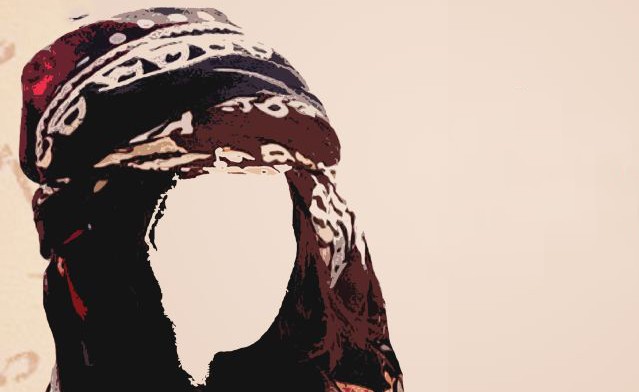The U.S. Commission on International Religious Freedom (USCIRF) – an independent, bipartisan federal government entity that monitors religious freedom – on March 18 called on the U.S. government to support the Iraqi Federal Government and the Kurdistan Regional Government (KRG) in their missions to rescue the 2,700 missing and enslaved Yezidi women and girls and support the implementation of the Sinjar Agreement.
“Today, minorities in Iraq continue to suffer for their religious and ethnic identity,” said USCIRF Commissioner Frank Wolf.
“The U.S. must also emphasize to the Iraqi and Kurdistan Regional governments the urgency of fully implementing the 2020 Sinjar Agreement and making the region safe for the return of genocide survivors, so that hundreds of thousands of Yazidis and others among the 1 million-plus Iraqis languishing in internal displacement can go home.”
The Yezidi genocide perpetrated by ISIS in August 2014 in Sinjar resulted in the deaths of thousands of people, with many more being displaced to camps in the Kurdistan Region. Almost ten years later, thousands of Yezidi women and girls are still missing.
In October 2020, the Iraqi Federal Government and the KRG signed the Sinjar Agreement with support of the UN, aimed at revitalizing and stabilizing the situation in Sinjar and allowing the return of internally displaced persons (IDPs) that fled the genocide.
Read More: Three Years on: Sinjar Agreement Still in Limbo
On February 26, during a meeting with the U.S. Secretary of State Antony Blinken, KRG Prime Minister Masrour Barzani also underlined the importance of the implementation of the Sinjar Agreement.
The USCIRF statement comes on the eighth anniversary of the U.S. Department of State’s determination in 2016 that the ISIS perpetrated a genocide against Yezidis, Christians, and Shi’a Muslims.
“Daesh (ISIS) is responsible for genocide against groups in areas under its control, including Yezidis, Christians, and Shia Muslims,” former U.S. Secretary of State John Kerry said on March 17, 2016.
“Daesh is also responsible for crimes against humanity and ethnic cleansing directed at these same groups and in some cases also against Sunni Muslims, Kurds, and other minorities,” he added.
Read More: Rep. Slotkin Thanks KRG for Supporting Minorities
USCIRF also reiterated its call for the U.S. government to give greater support to Iraq’s diverse religious communities still suffering from the aftereffects of ISIS’s genocidal campaigns.
On December 7, 2023, USCIRF held a hearing identifying ways the U.S. government can work with the Iraqi Federal Government and the KRG to address religious freedom concerns, especially for the country’s vulnerable religious minorities.
On March 6, U.S. Secretary Blinken met with Yezidi human rights activist Nadia Murad and underlined continued U.S. support to Yezidis.
“The United States has stood with the Yezidi community since day one of this genocide, through a military intervention in Sinjar in 2014 that helped save thousands of lives,” Murad Ismael, co-founder and president of Sinjar Academy, told Kurdistan Chronicle.
“In the subsequent years, it has helped raise awareness of the genocide by acknowledging it and providing Yezidis with various platforms to expose the crimes committed against them,” Ismael added.
However, he said that “much still needs to be done, and we are grateful the United States is there for us.”
Moreover, Pari Ibrahim, Founder and Executive Director of the Free Yezidi Foundation, told Kurdistan Chronicle that “a number of us from Yezidi civil society have been meeting with U.S. government stakeholders to make sure the priorities of the Yezidi community remain prominent on the U.S. and international agenda.”
Read More: U.S. Deputy Assistant Secretary Taylor Meets Chaldean Patriarch Sako
Additionally, USCIRF Commissioner Stephen Schneck urged the United States to “encourage the Iraqi government to curb the power of the Popular Mobilization Forces (PMF) and other state-affiliated forces who subject religious minorities to checkpoint harassment, interrogation, detention, torture, and efforts to usurp their political representation and leadership.
Christians have become under pressure by the Iran-backed PMF and Baghdad. For instance, on July 3, 2023, Iraqi President Abdul Latif Rashid revoked a decree recognizing Cardinal Louis Sako as the Patriarch of the Chaldean Catholic Church.
Moreover, Cardinal Sako has been targeted by Rayan al-Kildani, the head of the Babylon Movement and the Iran-backed Babylon Brigades militia, who has attempted to seize Christian properties, parliament seats, and endowments of the Church.

